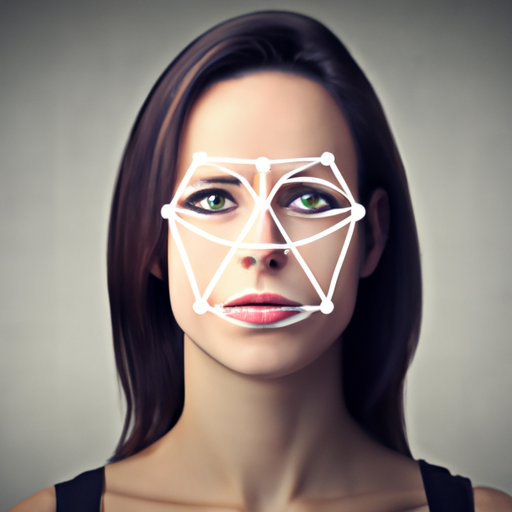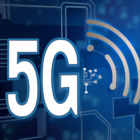Facial recognition technology has emerged as one of the most transformative advancements in artificial intelligence (AI) in recent years. From enhancing security protocols to enabling smoother customer experiences in retail, this technology is reshaping various industries. In this blog post, we will explore the fundamentals of facial recognition, its applications, benefits, and the associated privacy concerns.
What is Facial Recognition?
Facial recognition is a biometric technology that can identify or verify a person by their facial features. It involves capturing an image of a person’s face, extracting biometic features, and comparing them against a database of known faces. Facial recognition algorithms use machine learning techniques to achieve a high level of accuracy.
How Does Facial Recognition Work?
The process of facial recognition generally includes the following steps:
- Image Capture: A photo or video of a person is taken.
- Facial Feature Extraction: Key features such as the distance between the eyes, nose shape, and jawline are extracted.
- Comparison: The extracted features are compared with those in a database.
- Identification: The system determines whether there’s a match and returns the results.
Applications of Facial Recognition
Facial recognition technology has a wide range of applications:
- Security: Used by law enforcement for surveillance and crime prevention.
- Access Control: Employed in smartphones and buildings to enhance security.
- Retail: Helps in understanding customer behavior and personalizing marketing efforts.
- Healthcare: Assists in identifying patients in healthcare systems.
Benefits of Facial Recognition
This technology offers several benefits:
- Accuracy: High precision in identifying individuals helps reduce errors in identification.
- Speed: Rapid identification allows for immediate responses in critical situations.
- Convenience: Simplifies processes in various sectors such as travel and retail.
Privacy Concerns
Despite its advantages, facial recognition raises significant privacy concerns. Issues include:
- Data Misuse: Potential for abuse of personal data by governments and companies.
- Surveillance: Constant monitoring can infringe on personal freedoms.
- Bias: Studies have shown that some facial recognition systems can be less accurate for people of certain demographics.
The Future of Facial Recognition
As technology continues to evolve, the future of facial recognition is promising. Enhanced algorithms and ethical regulations could lead to safer, more efficient systems. Businesses and governments will need to balance innovation with the need to protect individual rights.
Conclusion
Facial recognition technology holds great potential to improve safety and efficiency across various industries. However, it is essential to address the ethical issues and privacy concerns associated with its use. By doing so, we can harness its benefits while safeguarding individual rights.




